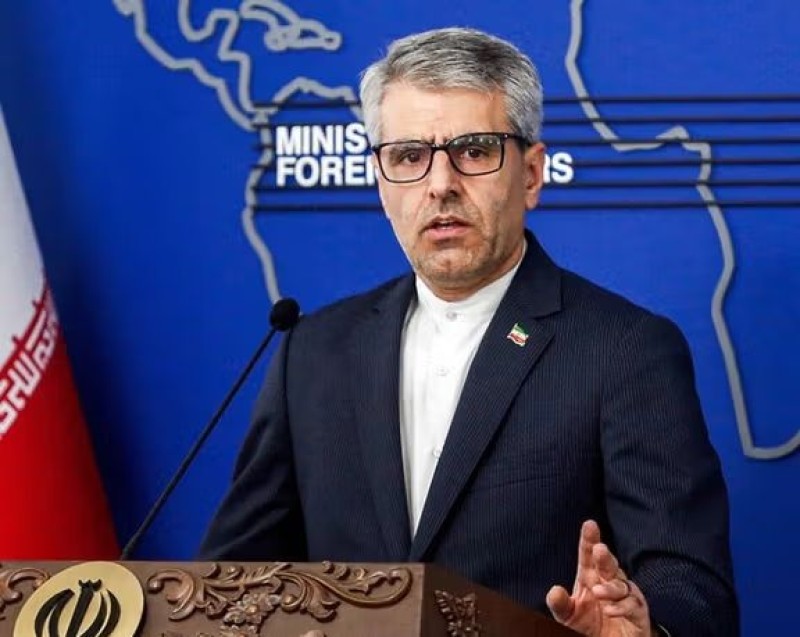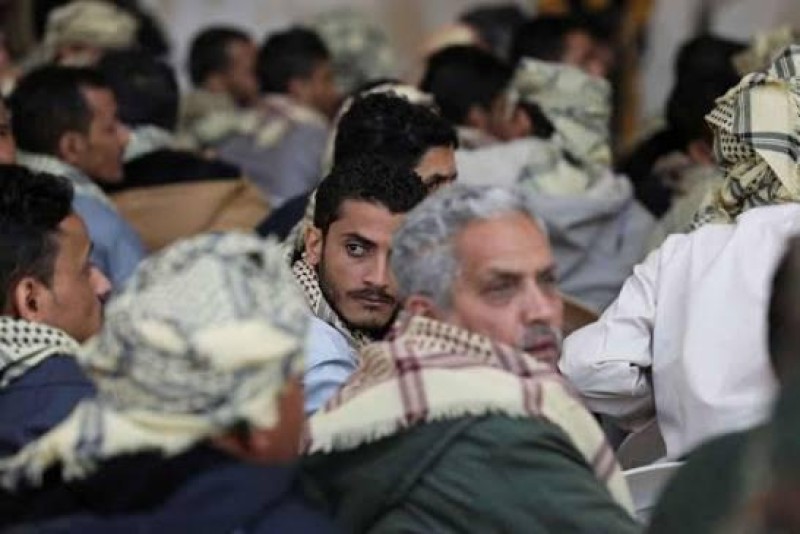Yemen’s coffee farmers bid to win over baristas to their heritage beans


The beans that have grown across Yemen’s harsh mountain landscapes for more than 600 years have been largely overlooked by modern coffee connoisseurs.
But last month, a group of farmers in ceremonial dress, replete with daggers in their belts, visited a London coffee-roasting firm, bent on restoring Yemen’s status as the birthplace of good coffee.
The farmers brought 28 samples for tasting and, within days, had sold their beans to buyers from Europe, Australia, the Middle East and east Asia.
London’s inaugural National Yemen Coffee Auction was designed to connect the growers of Yemeni’s western mountains directly to traders, rather than selling through a network of exporters that carve off profits.
“The auction was really good. It was the first for Yemen and a great opportunity for the farmers,” says Ahmed al-Murri, whose coffee sold for $42 (£37) a pound. “The customers have truly sampled our coffee and closed the gap between us and them.”
A former travel agent who returned to Haraaz when war broke out in 2014, Murri enthusiastically took on his father’s coffee plants and started a business.
“I went back to the village and saw that coffee was something my father and grandfather had done, but it had been forgotten. We decided to start to process speciality coffee,” he says. “The coffee of Yemen was not well known to the world, it did not have a good reputation, but we hope this new market will improve this.”
Modern coffee cultivation is said to have begun in Yemen in about the 15th century, with trade passing through the port of Mocha. But by 2020, it ranked 61st in coffee exports, selling $21m of beans compared with Brazil’s $5bn.
Yemeni-American coffee entrepreneur, Mokhtar Alkhanshali, who has worked in the coffee industry for years, organised the London auction. He had been buying direct from growers and selling through his company, Port of Mocha, but decided that helping farmers access the market themselves would have a more lasting impact on the country’s economy, wrecked by war between a Saudi-led coalition and Iranian-backed Houthi rebels that has left millions of people in need of aid.
“Because of the language barrier and political situation in Yemen, it’s hard to get there through direct trade. Although I have an American passport and speak English, most people in Yemen can’t do that,” he says.
Inspired by the Best of Panama auction, a response by Panamanian producers to a crisis in 1989 that saw prices plummet, Alkhanshali believed a similar auction would introduce Yemen’s coffee to the market.
“This is the most exciting thing I’ve done and it’s not for me, it’s for these farmers. After this, they’re set up, they can do it themselves. You’re a farmer in Yemen, you made it to this auction and from a small village, you now have a buyer in Tokyo or San Francisco and they can buy from you throughout the year.”
He set up a competition and about 1,200 farmers from almost all of Yemen’s coffee-growing areas entered. Samples were whittled down to 28.
“We couldn’t believe it, they came from villages so far away in the mountains. They heard about us from WhatsApp or Facebook groups, farmers that literally came down on donkeys,” Alkhanshali says.
Nicholas Watson, from the International Trade Centre, which arranged the auction, said technology has allowed farmers to become more involved in the sale of their products.
Daniel Vergnano, from List+Beisler coffee merchants, who bid on behalf of Australian coffee company D’Angelo, said Alkhanshali’s vision for economic development in Yemen motivated the purchase.
“We believe that supporting Yemeni coffee, one of the most unique and amazing flavours within the coffee world, will bring back Yemen to the global coffee industry and at the same time provide economic security for coffee farmers,” says Vergnano.
Jalal Yahya al-Emadi, another Haraaz coffee farmer, says coffee production is having a social as well as economic impact in Yemen, as it has allowed farmers to stop growing khat – a narcotic that had replaced coffee as a cash crop.
Because of the economic and political conditions, the lives of farmers are hard. The climate is difficult but coffee grows well,” says Emadi, who keeps photos on his phone of beans drying on land where khat had been grown before.
“It [khat] was the main crop for the farmers but we managed to change to growing coffee. Khat requires a lot more water to grow, it requires chemicals, it causes disputes between farmers – it has a massive impact on our society,” he says, “Many people will sit there all day alone, just chewing it.
“My dream now, is for my coffee to reach the world.

Tehran — Iranian Foreign Ministry spokesman Ismail Baghaei has voiced concern over the latest developments unfolding in Yemen, particularly i…

A new media report has revealed that Google is embarking on a major subsea cable initiative, dubbed Blue Raman, in a strategic move to establish a…

Muscat – Thousands of Yemeni families are anxiously watching the ongoing prisoner exchange talks in Muscat, Oman, hoping for a breakthrough t…